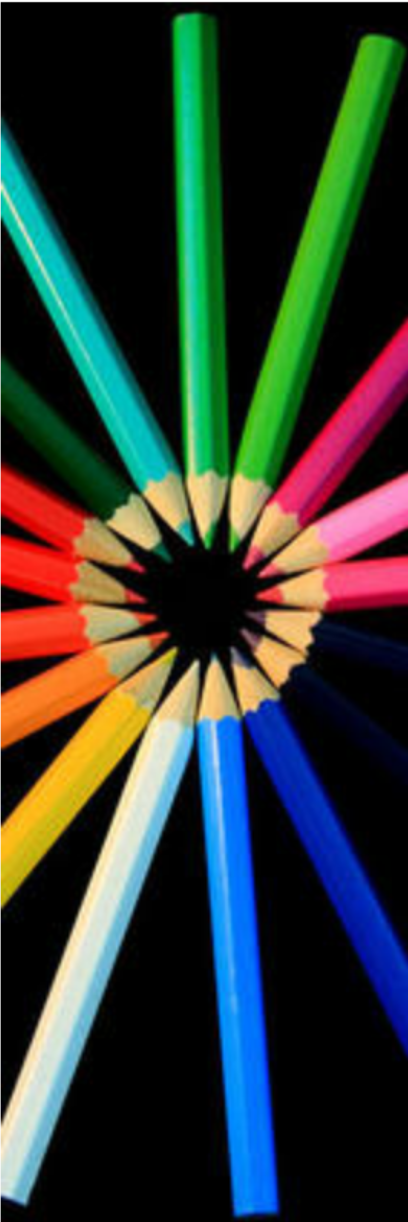Perennial Seeds For Wildlife Food Plots
Perennial is a term used to describe seeds that when planted can last for several years. Usually, this takes management to last several years at least in the quantity to be satisfactory as a wildlife food plot. Perennial food plot maintenance instructions are included elsewhere in the Learning Center. All of these perennials can be planted 1/8″ to 1/4″ with a drill or planted by broadcasting and cultipacked after fertilization and tillage. The information for planting is also included in another part of the Learning Center.
Alfalfa:
- Alfalfa is quite possibly the most browsed of all wildlife food plot plants. Many folks struggle to grow it well in food plots. Strong fertility levels, pH from 6.5 to 7.0 (higher up to 7.0 is best) and well drained soils are needed. Boron is an important minor nutrient needed in alfalfa production. Planting can be done in a mix or as an individual plant. Planting in a mix at least provides a little “crop insurance” as the clover and chicory may do well even if the alfalfa does not. Forage Tech has a high quality alfalfa, chicory and clover mix. We always have alfalfa in stock and can provide this to you upon request if you want to plant alone and not in a mix. When planted alone the seeding rate is 15-20 lbs per acre. We often have alfalfa in the fields during the late summer only to have the deer eat all or nearly all of the alfalfa in the fall with little visible in the fields by winter. However, the alfalfa comes back as there are still roots and small stems even if cut off at ground level. Alfalfa is a great source of protein for deer and elk.
White Clover:
- Forage Tech only uses premium grade clovers. These clovers show up favorably in university testing. Our test plots show that these clovers are highly favored by deer and turkey. Other white clovers that we don’t use are shown below. Plant 6-8 lbs per acre when planted alone. One of the clovers we use work well in partial sun. Forage Tech has a partial sun clover/chicory mix. White clover supplys strong levels of protein.
- Alsike Clover – Grows well in moist bottoms in the Mid-South and generally in more northerly latitudes.
- Dutch White Clover- An inexpensive clover that can be used on trails. It is a short growing clover.
- Ladino Clover-A fairly inexpensive clover but will not persist on dry summer sites. This is especially true of generic variety and not an improved variety.
Red Clover:
- Red Clover has had some poor reviews in wildlife non-scientific articles with claims that the red clovers are too “stemmy”. This is irrelevant as the deer and turkey eat the leaves and not the stems. There are two main groups of red clover seeds. Some are monmouth which means a single cut if haying. There are multi-cut varieties meaning these varieties come back when browsed. Standard varieties have generally lasted two years. Premium multi-cut varieties can last several years in mixes and if managed properly. The summer biomass from premium red clovers exceed the biomass of premium white clovers. Forage Tech uses what we believe to be the best of the premium red clovers in our perennial mixes. Plant 15-20 acres when planted alone.
Chicory:
- Some chicory varities are annuals and some are perennials. Be sure that you buy perennial varieties. We buy only perennial varieties for our mixes. Quality perennial chicory is drought resistant and is very high in protein. Chicory will perfom well in mixes and on upland sites. If planted alone plant 6 lbs to the acre. We usually have this seed in stock if you want to buy outside of a mix. This is very expensive seed. We put more in our chicory mix than most other wildlife seed mix suppiers.
Birdsfoot Trefoil:
- This is a species that is sometimes substituted for alfalfa. Birdsfoot Trefoil is a drought tolerant and low pH tolerant plant. In our tests, Birdsfoot Trefoil was not browsed very heavily. This may be a good choice in low rainfall areas (20″ to 35″). It is deep rooted plant similar to alfalfa. We sometimes use it in low rainfall custom blends for folks but would not use it is higher rainfall areas. Plant 10 pounds per acre when planted alone.
Delar Small Burnet:
- Delar Small Burnet is a drought resistant perennial herb. We like this plant for low rainfall areas. We use it in custom mixes for low rainfall areas. Plant 20-25 pounds per acre if planted alone.
Native Warm Seaon Grasses:
- There are lots of choices here. We usually custom blend these according to whether it must meet WHIP or other guidelines in addition to the variety of uses of Native Warm Season Grasses. Forage Tech recommends the use of different mixes (three) for quail habitat. We are competitive on prices and can supply a custom blend or blends for your intended use.
Perennial Rye:
 One must be very careful using Perennial Rye. Perennial Rye disappears in the summer but comes back in the fall and lasts to late spring. The seed can spread and it takes up a lot of room in the footplots for the amount of browse by deer. It can be used on dams and other hard areas but be careful. Thirty pounds per acre is needed if planted alone.
One must be very careful using Perennial Rye. Perennial Rye disappears in the summer but comes back in the fall and lasts to late spring. The seed can spread and it takes up a lot of room in the footplots for the amount of browse by deer. It can be used on dams and other hard areas but be careful. Thirty pounds per acre is needed if planted alone.
